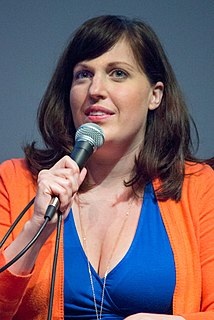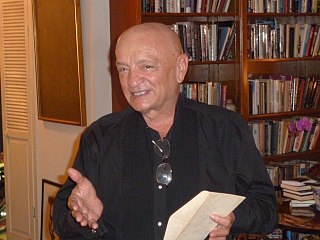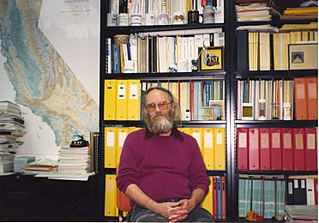A Quote by Elizabeth Berg
Some people read an interesting or provocative newspaper article, and that's the end of that. A writer reads such an article, and her imagination gets fired up. Questions occur to her. She might feel an urge to finish the story that the article suggests.
Related Quotes
I was kind of amazed because I first found out about blue boxes in an article in Esquire magazine labeled fiction. That article was the most truthful article I've ever read in my life... That article was so truthful, and it told about a mistake in the phone company that let you dial phone calls anywhere in the world. What an amazing thing to discover.
Newspaper photographs nowadays are highly tautologous. You'll have an article about, say, stopping the war. And the photograph that will be used is literally a poster that reads "Stop The War." Or you'll have a story about a cash crisis in Barcelona, and the only picture you'll see is an ATM in Barcelona. The problem is actually systemic. On the one hand, you'll have a picture of a soda can to "illustrate" an article about the dangers of sugary drinks. On the other hand, anything that's reasonable in documentary photography is snapped up by the art world and we never see it.
When I read the article [in The New Yorker] by David Grann, I was very struck by people responding to the article, of people thinking I was such a hero and what a wonderful person I was, and I didn't feel that at all. I felt like I had very much, like Todd [Willingham], taken a path of self-preservation.
You must stop editing--or you'll never finish anything. Begin with a time-management decision that indicates when the editing is to be finished: the deadline from which you construct your revisionary agenda. Ask yourself, 'How much editing time is this project worth?' Then allow yourself that time. If it's a 1,000-word newspaper article, it's worth editing for an hour or two. Allow yourself no more. Do all the editing you want, but decide that the article will go out at the end of the allotted time, in the form it then possesses.







































